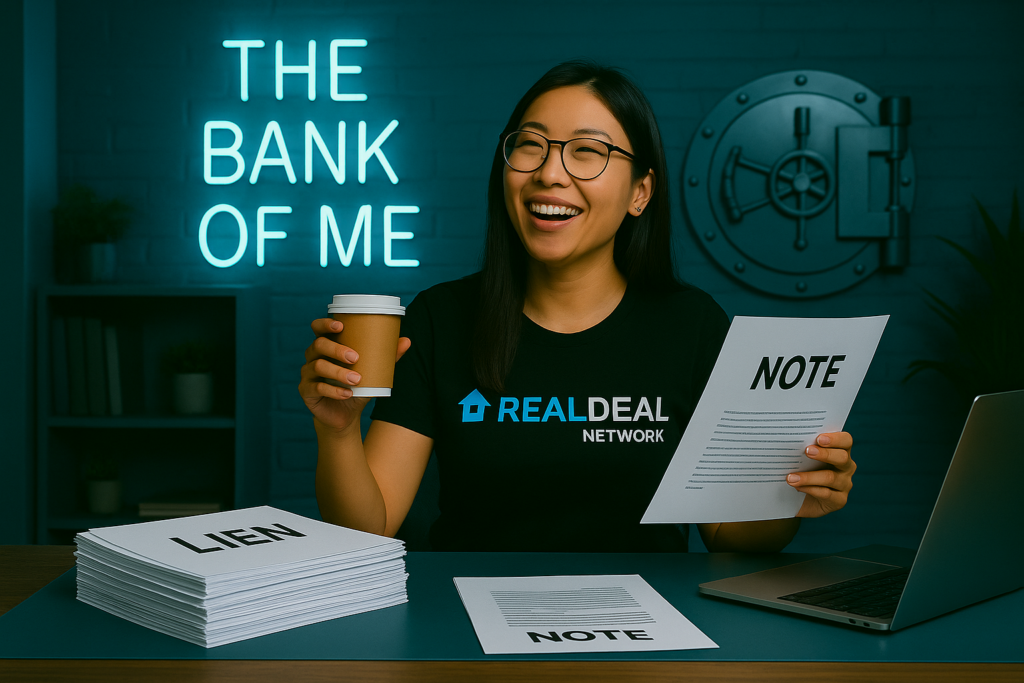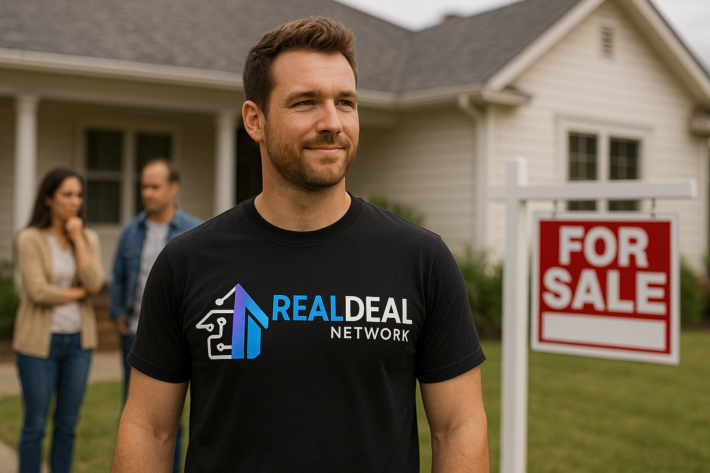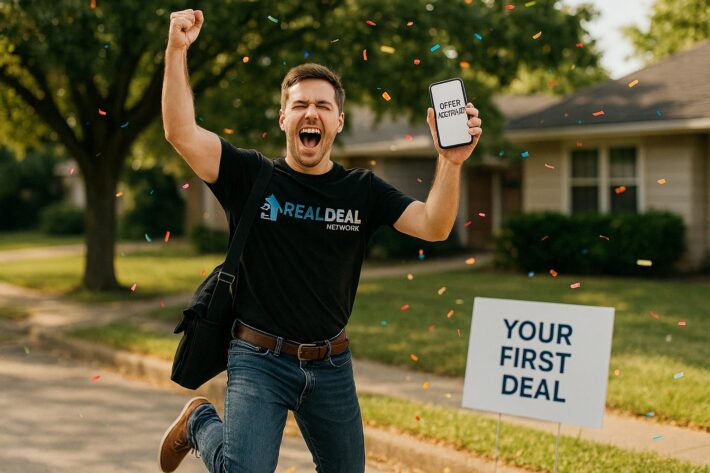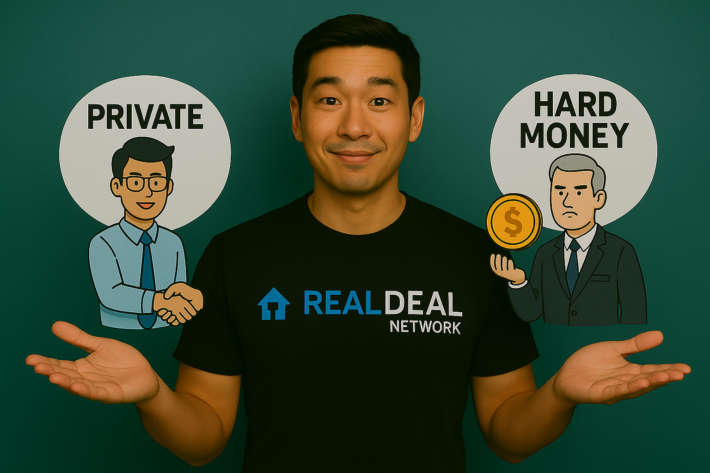Skip the Bricks, Own the Paper: Why Investors Love Liens & Notes

No tenants, no toilets… just pure profit.
If you’ve ever looked at a fixer-upper and thought, “There’s gotta be an easier way…”—you’re right.
There is.
It’s called buying the paper.
🧠 Real estate isn’t just about owning the property. It’s about controlling the income. And when you buy liens or notes, you can skip the drywall and demo days and jump straight to the part where someone owes you money.
Let’s unpack what this actually means… and why some of the wealthiest investors never touch a toilet, a tenant, or a title.
💰 What Are Liens & Notes?
Liens are legal claims on a property due to unpaid debt… usually taxes or utility bills.
Notes are IOUs (aka promissory notes) where someone agrees to repay a loan, usually secured by the property.
In plain speak:
- A tax lien is what the county slaps on a house when the owner doesn’t pay property taxes.
- A note is what the homeowner signed when they took out a mortgage… now you can buy it, and collect.
When you buy either one, you’re not buying the property… you’re buying the debt. And that means the payments, the interest, and the power to collect.
🚀 Why Investors Love This Strategy
✅ Low Competition: Most people don’t understand it, so the pool of buyers is way smaller than traditional real estate.
✅ Low Entry Cost: You can get started with just a few hundred or a few thousand bucks… no $100K down payment needed.
✅ Passive Income: Once you own the note, you collect payments with little to no hands-on involvement.
✅ Collateral-Backed: If they stop paying? You’ve got the property as backup.
✅ No Tenants, Toilets, or Turnovers. Enough said.
🔎 Tax Liens vs. Notes—What’s the Difference?
| Tax Liens | Notes (Performing/Non-Performing) | |
|---|---|---|
| Source | County or municipality | Banks, private sellers, or brokers |
| Returns | 8%–25% interest (depending on state) | Monthly income or lump sum from payoff |
| Risk | Low (gov’t lien = strong position) | Varies (based on borrower’s payment history) |
| Exit | Collect interest or foreclose | Hold for income or sell the note |
Bonus: Some states let you foreclose after a redemption period and take ownership of the property for pennies. Yes—really.
🧠 Pro Tip: How to Get Started (Without Getting Burned)
✅ Learn the local rules. Each state has different timelines, interest rates, and redemption laws for liens.
✅ Start small. Pick one lien or note to get your feet wet before scaling.
✅ Use a reputable source. Avoid sketchy sellers… look for county auctions, verified brokers, or platforms like Paperstac or LoanMLS.
✅ Run your numbers. Just like you’d vet a deal, vet the debt. Look at property value, borrower history, and terms.
📍Who This Strategy Is For
✔️ Investors who want mailbox money without managing properties
✔️ People with limited capital but big investing goals
✔️ Retired investors who want passive income
✔️ Anyone who’s over tenants, toilets, and rehab timelines
🎯 Bottom Line
Owning property is great.
But owning the paper? That’s power.
Liens and notes let you earn like a landlord… without the landlording.
It’s the quiet side of real estate that most people overlook, but the ones who understand it?
They’re stacking passive income while everyone else is chasing plumbing permits.
💬 Ready to Turn Knowledge into Real Estate Deals?
We’re the Real Deal Network… a nationwide community of investors learning how to build wealth the smart way. Whether you’re brand new or scaling your portfolio, we offer:
- Weekly classes and live property tours
- Step-by-step strategies taught by real investors
- A supportive crew that actually wants to see you win
👉 Join us for a free intro session to see what we’re all about… and how you can plug in.
No pressure. Just possibility.







